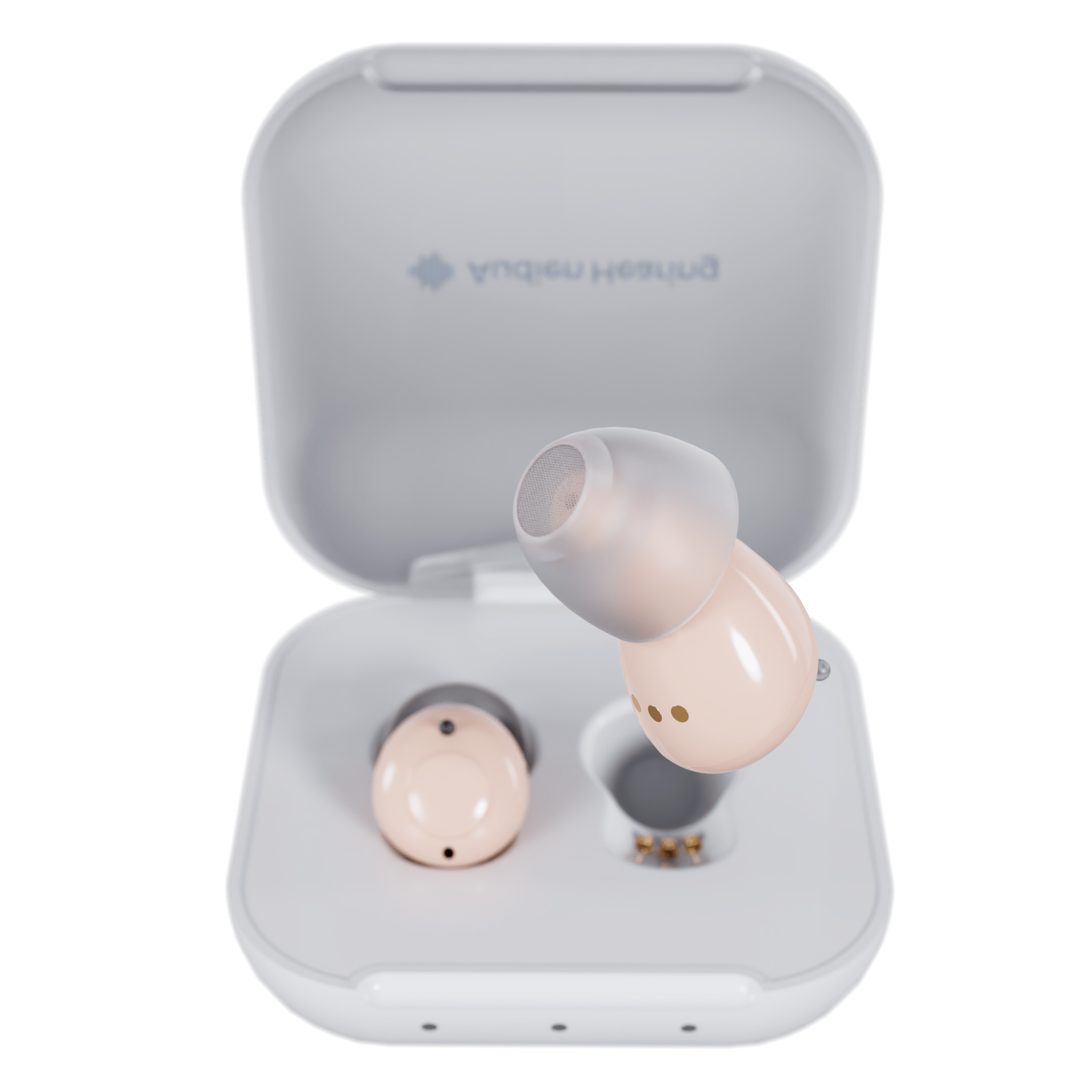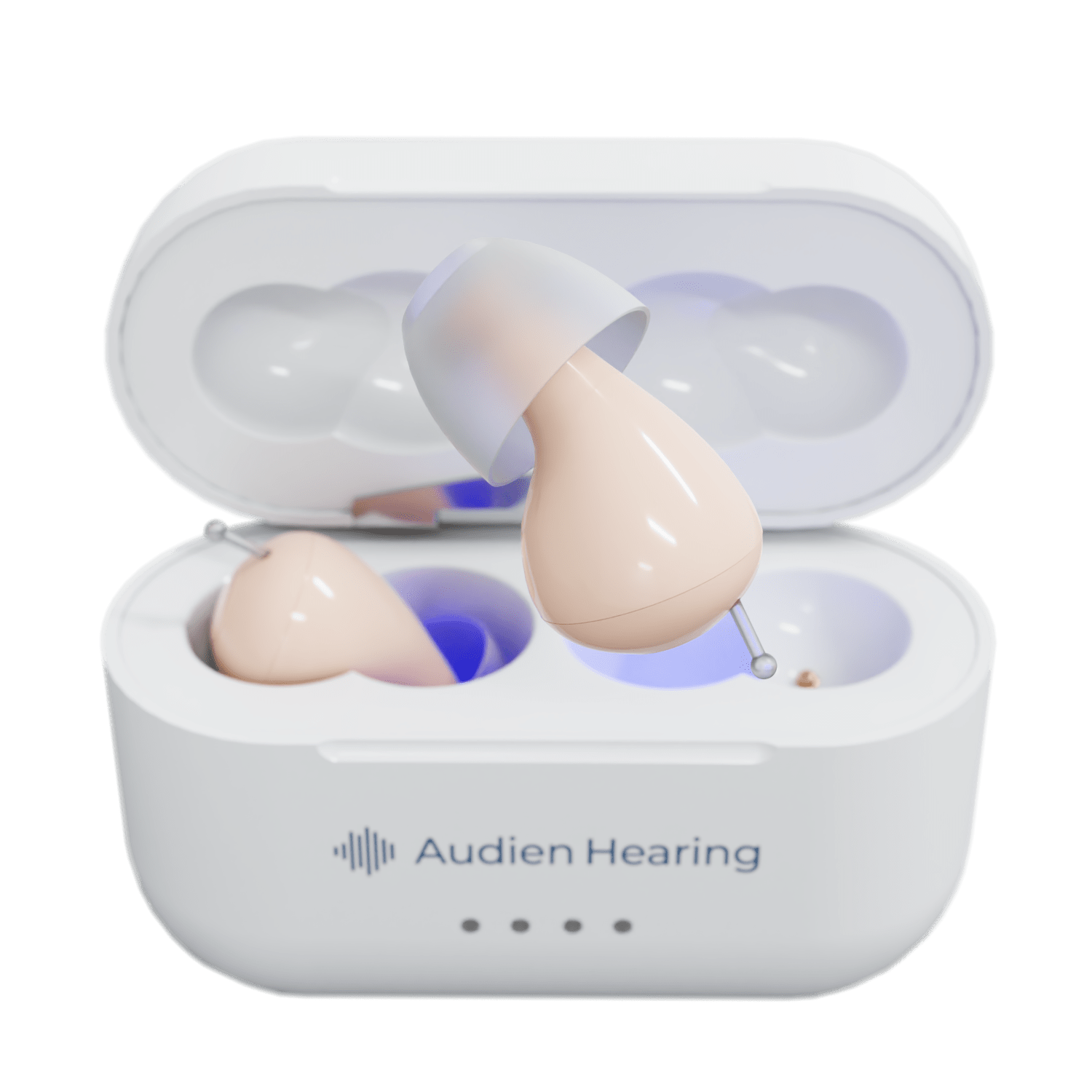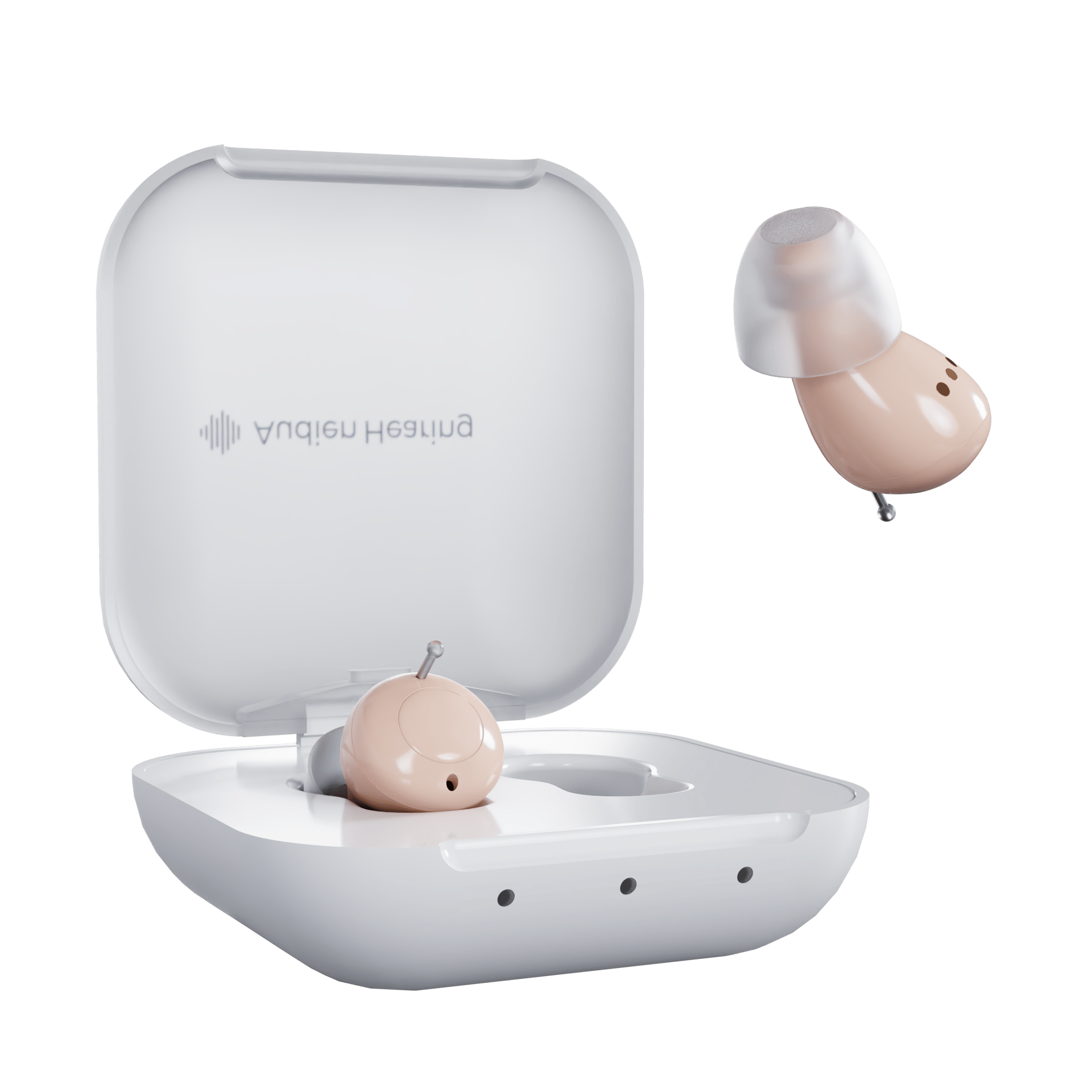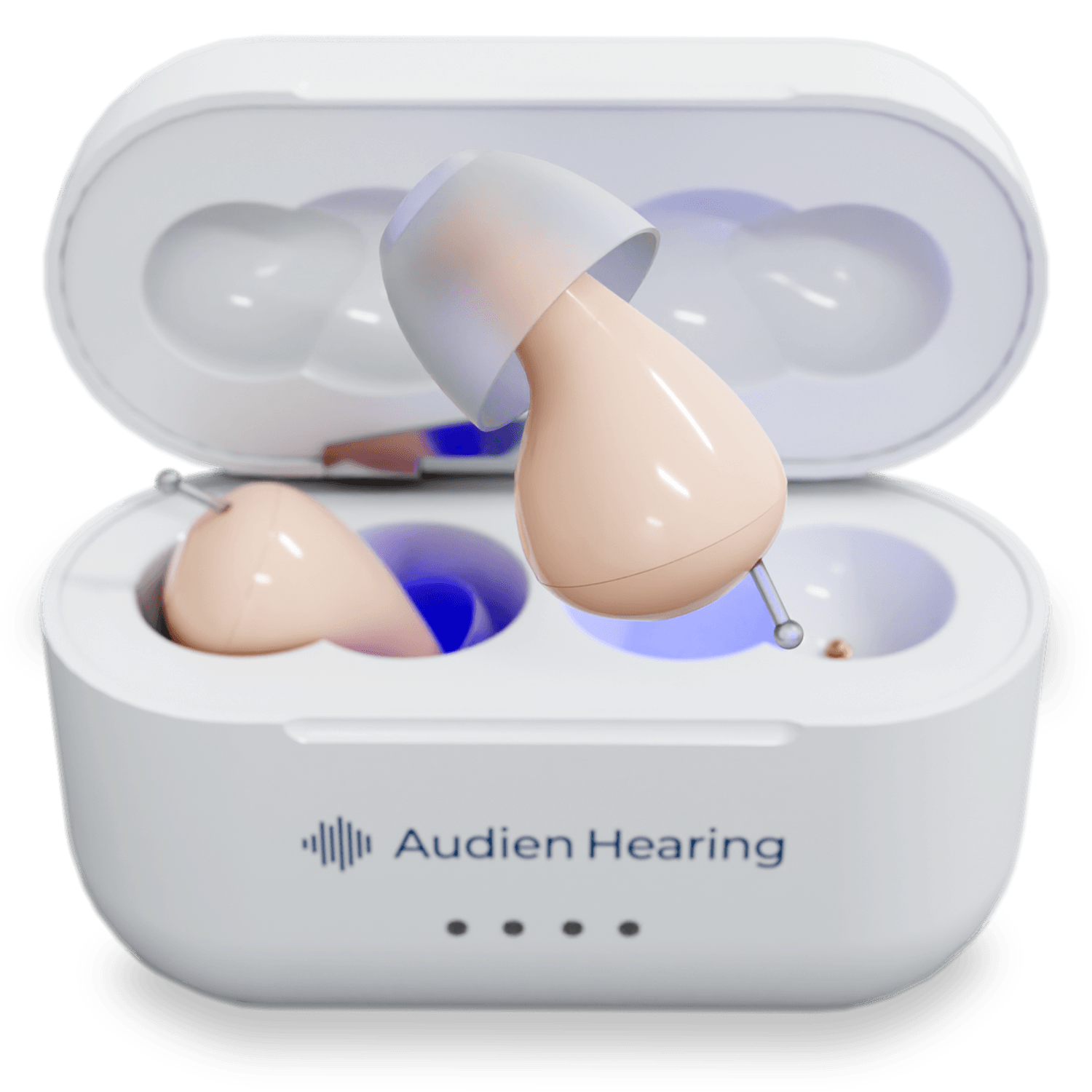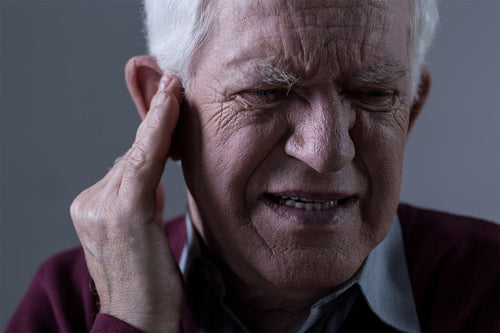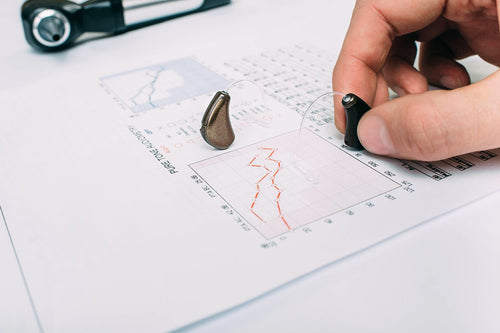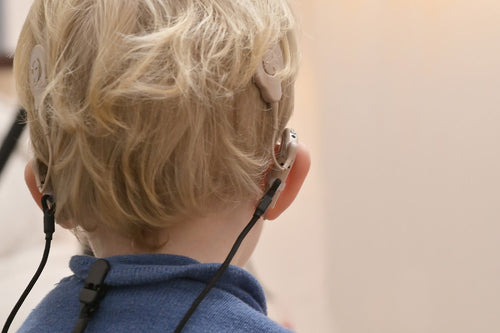“The best way to think of this problem is to distinguish between fatigue and trauma. Fatigue means you get tired. Trauma means there is damage. Without the proper hearing protection and protective measures, loud noise exposure over periods of time actually causes not just fatigue but also long-standing damage. Therefore, it is vital to protect your hearing at all times.” - Drew Sutton, MD, Board-Certified Otolaryngologist
If you have ever been to a loud concert, chances are you have experienced physical, auditory fatigue firsthand. Physical auditory fatigue refers to the transient hearing loss following sustained loud noise exposure.
Loud sound exposure on occasion is typically fine; it is important to make an effort to prevent it from helping retain your hearing as you get older. There are several different techniques and tools that you can utilize to help protect your hearing.
In addition to physical, auditory fatigue, mental auditory fatigue also exists. Mental auditory fatigue refers to the mental fatigue built up throughout the day due to listening. If you have good hearing, you are unlikely to feel the effects of this kind of fatigue as it is mainly those that are hard of hearing that feel its effects the most.
Below is a closer look at the two forms of auditory fatigue and the tools and techniques you can utilize to combat them.
Physical Auditory Fatigue
Physical, auditory fatigue is a temporarily reduced sense of hearing following extended exposure in a loud environment. This temporary hearing impairment is caused by what is known as a quick threshold shift.
This form of auditory fatigue is common in loud work environments where workers are subjected to loud noises consistently.
Luckily the Occupational Safety and Health Administration (OSHA) has specific ordinances requiring that employers record potential threshold shift events and that employers are required to provide hearing protection for individuals working in environments deemed potentially harmful to hearing.
Hearing Protective Device
Earplugs and earmuffs are two devices typically utilized in noisy work environments. These two devices work by placing a physical barrier between yourself and the source of the sound. The two options can have their pros and cons.
The earmuffs can provide more sound deadening while the earplugs are lighter and can be worn throughout the day. Some people even choose to have both as a means of providing a further level of isolation.
However, for those with existing tinnitus, more isolation could cause tinnitus to become more noticeable and more of a bother. There are many hearing protective devices available today with built-in speakers that can allow music lovers and those with tinnitus to enjoy something other than hearing the sounds of their own tinnitus.
Smart Device Warning
One of the greatest inventions in the last couple of years has been the evolution of wearables. Today, wearables are extremely sophisticated and are capable of taking oxygen saturation, pulse, an EKG, detecting falls, and even alerting you when sound intensity in your immediate environment is not within a safe level.
It can be difficult to know exactly when a noise around you is too loud for your ears.
Unfortunately, you typically feel no pain when exposed to damaging sounds, and it isn’t until after the fact that you notice that it is more difficult to hear. The smart integration of wearables allows you the peace of mind that you will be alerted to loud noise, limiting your exposure and greatly improving outcomes.
Mental Auditory Fatigue

Mental auditory fatigue refers to the reduced ability to perceive speech due to prolonged concentration and focus on listening to others. This phenomenon is common for individuals with hearing loss.
Mental auditory fatigue can be thought of in the same sense as not having glasses with you and having to strain to see constantly.
After a day of constantly having to strain your vision, it can become taxing and lead to eye strain, eye dryness, mental fatigue, or even a reduced ability to see. This same concept applies to hearing and individuals that are hearing impaired. Having to strain to listen to people all day can tire your brain out to a point where it is extremely difficult to put forth the effort to keep trying to listen.
Below are some tools and techniques you can utilize to minimize mental auditory fatigue.
Hearing Aids
Hearing aids are an ideal way to combat mental auditory fatigue as it increases the intensities of the sounds entering your ear, so you don’t have to strain to hear what is being said.
Even if you are finding it harder to listen, you can simply increase the volume, and you can quickly be on the road to hearing those around you.
In addition to helping with the volume, some hearing aids like the EV3 have technology that helps to reduce ambient noise while simultaneously helping to increase the sounds of speech. Hearing others over competing noise can bring about auditory strain, but hearing aids like the EV3 with Clear Sound+ technology can be a thing of the past.
Dictation Software
If you are beyond mentally fatigued when listening, you may find that utilizing dictation software could help significantly. A dictation software utilizes speech recognition software to transcribe verbal language to written language in real-time.
Having the words right in front of you to read utilizes a whole different side of the brain than the auditory cortex giving that part of your brain a much-needed break. With the power of a smartphone within reach, you can quickly and seamlessly start utilizing the software when you feel you are beginning to reach your maximum hearing capacity.
Subtitles and Headphones
After a long hard day, you are most likely spent, and rather than trying to strain to hear your favorite late-night show, you can opt to utilize subtitles instead.
Pairing subtitles with headphones can also allow you to get both auditory and visual confirmation of what is being said. This can be immensely effective and help to reduce mental auditory fatigue.
Meditation
Meditation is commonly thought to be something used to reduce stress and create a more calming environment. Meditation can provide you with an opportunity to notice the things around you and come into yourself to just take a moment.
When you find yourself straining to hear, it may be difficult and overwhelming to continue straining. Doing a short meditation may be exactly what you need to take a short break and recenter yourself. Taking a short break from listening may help your brain reset and be ready to come back with fresh ears.
There are several ways to meditate, but it doesn’t have to be you just sitting in silence. A great meditation exercise for beginners is to do a body scan. While sitting, begin to notice each part of your body, starting from your toes and moving up to your head.
Consider how it is feeling at each body part, what it is touching, and maybe even the scents around you. After completing the body scan, you will have regained a sense of self and hopefully be ready to get back at it again.
Take a Break
Taking a break may seem self-explanatory, but sometimes it is all you need to relax your mind and ears. Taking a break works similarly to meditation but offers you a more flexible way to spend your time.
Many people enjoy taking a moment of silence to reflect on the other sensations occurring in the body. Still, sometimes it is nice just to spend your time doing something besides listening. This may be especially helpful for those with tinnitus because sitting in silence with a ringing in your ears seems anything but relaxing.
Some things you can try are taking a walk, exercising, making a snack, or journaling. These are all activities that require mental stimulation but are not reliant on hearing. Decide what you like to do and set a timer to take set breaks. This will prevent you from going too long while trying to strain to hear. If you are in a situation where taking breaks may be problematic such as at work.
Talk to your coworkers ahead of time to let them know what to expect and how it helps you. This should help to manage expectations and create an environment that supports you.
Conclusion
In summary, mental auditory fatigue and physical auditory fatigue represent two separate but related problems. Physical auditory fatigue refers to the fatigue felt by the ears and brain due to the prolonged exposure to loud noise, while mental auditory fatigue refers to the diminished ability to listen due to constantly straining to hear others.
Combatting auditory fatigue requires two approaches. For physical, auditory fatigue, protection and prevention are the top priority. From mental auditory fatigue, the priority is to relieve your auditory cortex from needing to strain itself to hear, which can be accomplished by utilizing other forms of communication or getting a good set of hearing aids.
Sources:
Increasing and Evolving Role of Smart Devices in Modern Medicine | NCBI
